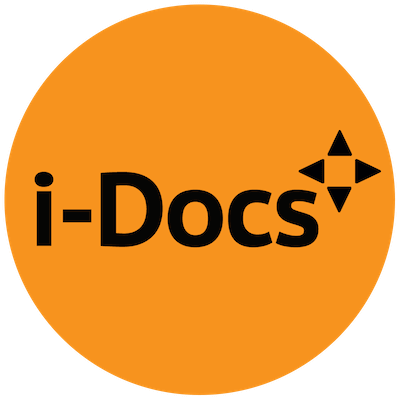SUBMISSIONS CLOSE MONDAY OCTOBER 16, 2017
Following the success of the previous i-Docs Symposia, and the continued dynamic expansion and evolution of the field, we are seeking proposals for papers, case studies and projects to showcase at the fifth edition in 2018.
Convened by Judith Aston, Sandra Gaudenzi and Mandy Rose, and hosted by the University of the West of England’s Digital Cultures Research Centre, i-Docs 2018 will be held at the Watershed in Bristol’s Harbourside on Wednesday, Thursday and Friday 21st – 23rd March 2018.
This Spring we published “i-docs: the evolving practices of documentary” – a collection of interviews, case studies and chapters by thinkers and practitioners in the field. In a recent review of the collection for Afterimage, Patty Zimmermann wrote:
“The “i” [in i-docs] represents a vortex of ideas, spanning “information,” “interactive,” “immersive,” “intention,” “innovation,” and “indeterminacy.” This process flips the traditional vertical structures of media production into horizontal, iterative, never finished modes that revivify the user as a participant and co-creator.”
Patty’s articulation of the polyphonic, multiple and dynamic character of the field which we consider under the heading of i-docs resonates deeply with us. While the ‘i’ in i-docs has to date explicitly denoted interactive, we have always been keen to hold the space open for thinking and practice about any work that engages the real and does so using digital media technologies.
At a moment of deep precariousness; with growing inequality, the resurgence of the Far Right, the threat of climate change, the atomisation of public space, when the very platforms we’ve embraced for interactive work are implicated in the erosion of democracy; we want the next Symposium to encourage critical thinking and making within the field, and to interrogate and share the diverse strategies and practices through which i-docs provide a stage for convening dialogue, creativity and resistance.
This time we’re framing the call for papers through the lens of the “i”.
Intervention
In the face of climate change – engaging environmental challenges
i-docs in an age of “fake news” – negotiating platform politics
Participatory design in documentary – methods and ethics
Engaging polarised publics – convening difficult debates
Speculative documentary – envisioning hopeful futures
Immersion
Storyworlds vs storytelling – the language and grammar of immersive experiences
Playing and reality – new directions in serious games
The feeling of being there – the politics of presence in VR
Beyond the screen – experience design for mixed reality and live performance
Annotation as activism – augmented reality for social critique
Impact
Researching audiences and users – emerging methods.
“VR for Good” – unpacking the social effects agenda in VR
Measuring impact – new tools and methodologies
Personalisation, algorithms & big data – best practice in UX
Innovation
The work of art in the age of sensory storytelling – mapping the field
SnapChat stories – experiments in social media documentary
Our shared world as data points – the rise of volumetric capture
The creative treatment of robotics – AI and storytelling
Media archeologies – how can historical models inform contemporary practice
We welcome proposals for panels, papers, case studies and alternative forms of debate that cover (but are not limited to) these themes.
Interventions around:
inclusion – cross-cultural perspectives, diversity in making and engagement
inter-disciplinarity – novel development processes, working methods
income streams – business and funding models
are welcome across all four themes.
We are also eager to hear from practitioners who want to show and discuss new work, and work-in-progress – please get in touch if you have any questions.
SUBMISSION
Proposals in PDF form should be sent to: idocs2018@gmail.com by Monday October 16, 2017. Please include a brief bio (max 150 words) and academic affiliation or company name, with a link if available. The proposal should clearly outline your intentions in no more than 400 words.
Practitioners do not need to offer an academic style paper – send us project details and appropriate links if available. Proposals for alternative formats and themes are very welcome. We want to include a diverse range of voices and seek to encourage the widest geographic participation. Please share.

